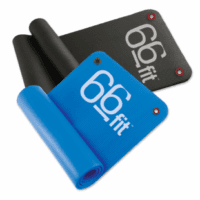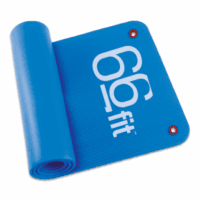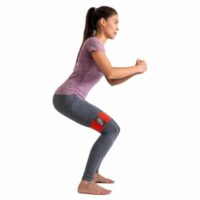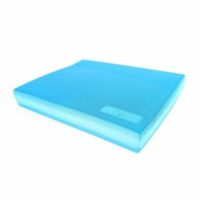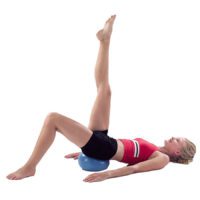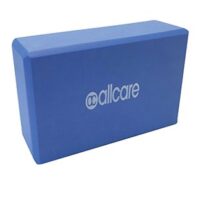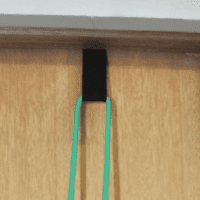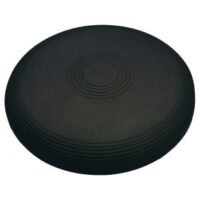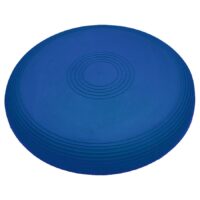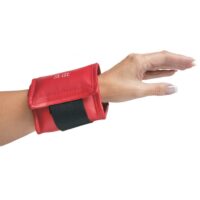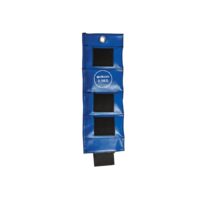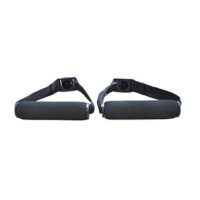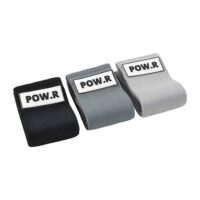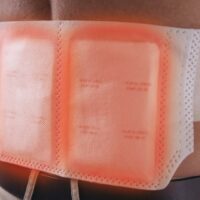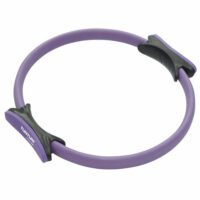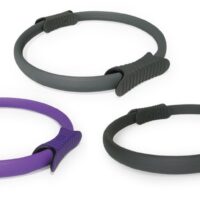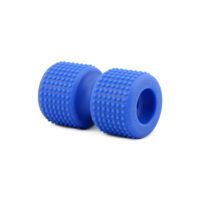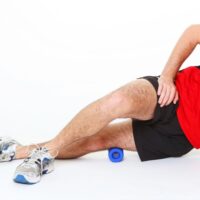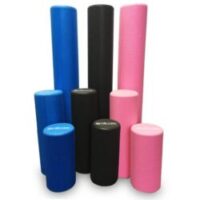Tendon Healing: Best Physio Tips for Recovery
Article by Zoe Russell
Tendon Healing: A Physiotherapist’s Guide to Recovery
Experiencing a tendon injury can significantly impact your life, leading to pain and limiting your ability to perform daily activities. The journey to recovery can be complex, but understanding the process of tendon healing and how physiotherapy can aid in this process is crucial.
Do Tendons Ever Fully Heal?
Physiotherapists often face the question, “Do tendons ever fully heal?” In essence, a healed tendon allows you to engage in your desired activities without experiencing pain. However, tendinopathy, characterized by tendon pain and dysfunction, does not always align with imaging findings. This discrepancy highlights the importance of a clinical assessment by your physiotherapist, focusing on your symptoms and their response to specific activities, rather than solely relying on imaging results.
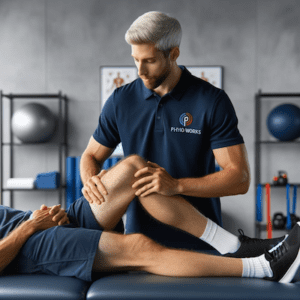
The Age Factor and Tendon Structure
As we age, the collagen in our tendons undergoes changes, akin to facial wrinkles, often without our awareness. It’s not until we subject our tendons to certain loads that pain emerges, signaling these underlying changes. Therefore, imaging that reveals alterations in tendon structure does not directly correlate with damage or healing; rather, it’s your symptoms and how they respond to activity that guide the healing process.
The Role of Imaging
While imaging techniques like X-rays, ultrasound, or MRI are part of managing tendon injuries, their primary role is to rule out conditions requiring further medical intervention. They help distinguish between tendon pain and more severe issues like tendon ruptures.
Therapeutic Loading for Healing
Healing a tendon involves therapeutic loading, a strategy where your physiotherapist assesses your tendon’s condition to determine suitable activities. The goal is to gradually increase the load on the tendon in a way that aligns with your recovery goals, a method best described as “treating the doughnut, not the hole.” This approach focuses on enhancing the capacity of the healthy parts of the tendon, enabling you to return to the activities you enjoy.
Full Tendon Tears: What to Do?
The management of a full tendon tear depends on factors such as your age, activity level, and the tear’s nature. Young, active individuals with sudden shoulder tendon tears might need to consult an orthopaedic specialist. However, for older individuals without a specific injury event, the focus may be on using the remaining healthy tendons to maintain shoulder function without surgery.
What to Do?
If you’re uncertain about how to manage your tendon pain, the first step is to consult a physiotherapist. They can provide a tailored assessment and recovery plan based on the latest research and best practices in tendinopathy treatment.
Conclusion
Understanding the complex nature of tendon injuries and the recovery process is essential. With the right guidance and therapeutic approach, it’s possible to overcome tendon pain and regain your ability to perform daily activities without discomfort.
Rochedale - Call 38410277
Book Online: RochedaleSalisbury - Call 32751044
Book Online: SalisburySandgate - Call 32691122
Book Online: SandgateRelated Articles
- Tendinopathy – Readers will learn about the stages of tendinopathy, including reactive tendinopathy, tendon dysrepair, and degenerative tendinopathy, and the importance of preventing progression to more severe conditions.
- Common Tendinopathies: An Overview Of Tendon Injuries – This page provides insights into various common tendon injuries, helping readers understand the differences and similarities among them.
- Achilles Tendinopathy – Offers detailed information on Achilles tendinopathy, discussing causes, symptoms, and treatment options for this specific tendon injury.
- Patellar Tendinopathy – Visitors can find out about the causes, symptoms, and treatments of patellar tendinopathy, focusing on knee-related tendon issues.
- Rotator Cuff Tear – Explains the symptoms, causes, and treatment options for rotator cuff tears, including the role of physiotherapy in recovery.
- Soft Tissue Injury Healing – Provides a comprehensive guide on the healing process of soft tissue injuries, including muscles, ligaments, and tendons, which is highly relevant to tendon healing.
- Effective Management Of Popliteus Tendinopathy – Details the management strategies for Popliteus tendinopathy, an often-overlooked condition affecting the knee.
- Gluteal Tendinopathy: Causes, Symptoms, And Treatment – Discusses gluteal tendinopathy, offering insights into its causes, symptoms, and effective treatment approaches.
- Quadriceps Tendinopathy – This article sheds light on quadriceps tendinopathy, including pain management and recovery strategies.
- Post-Operative Shoulder Physiotherapy – Relevant for those recovering from shoulder surgery, including surgeries related to tendon injuries, providing post-operative care tips.



